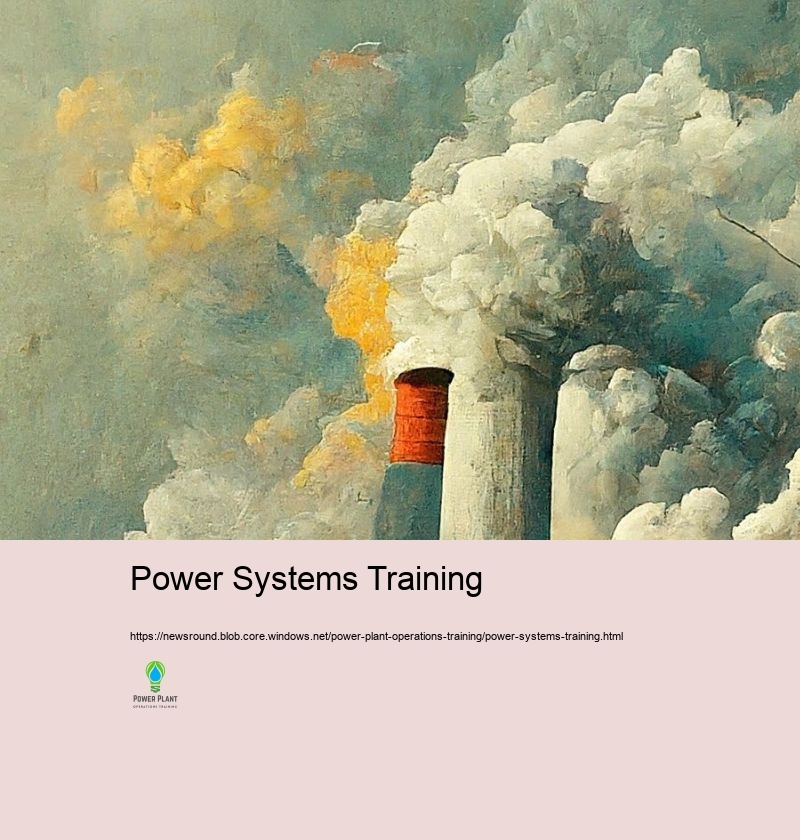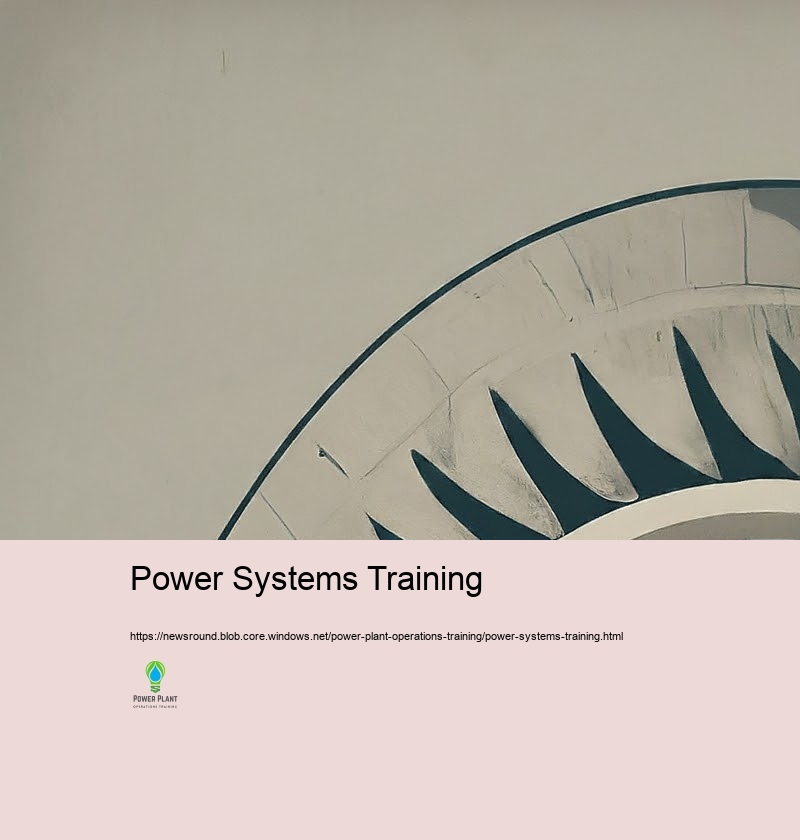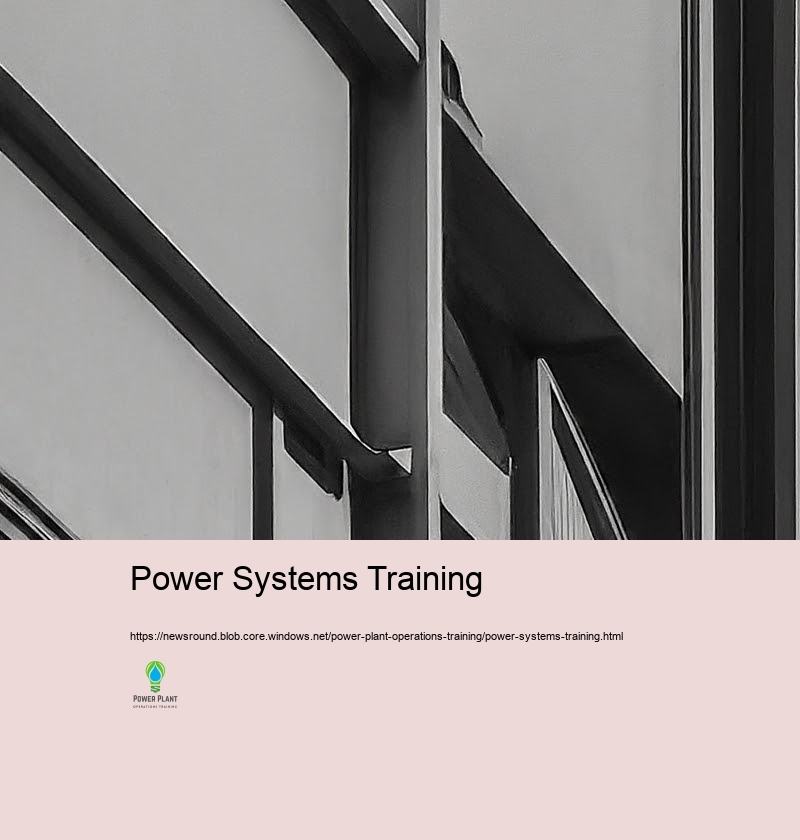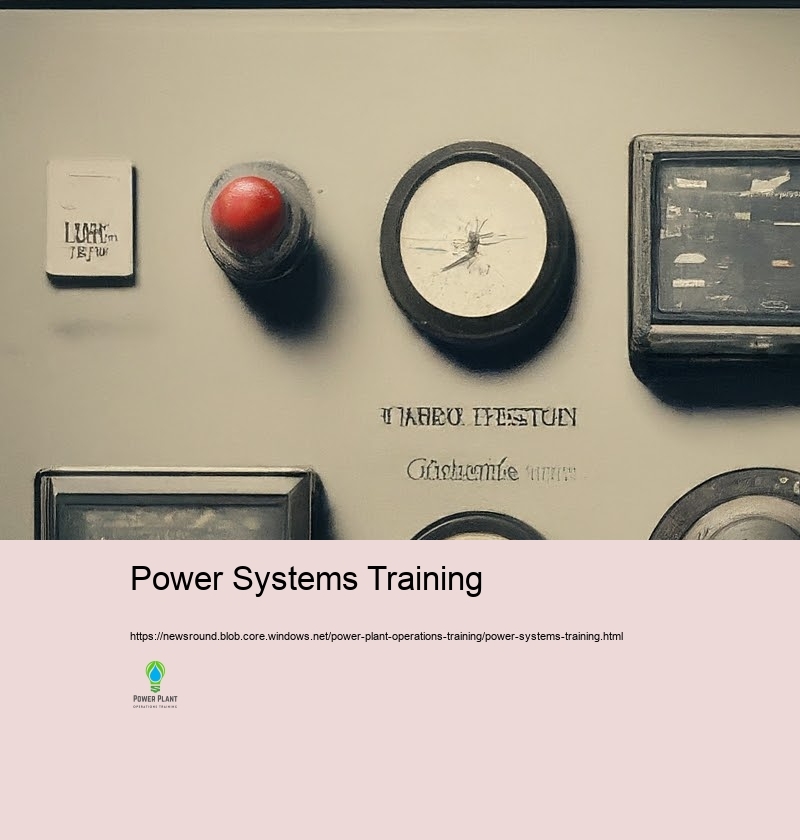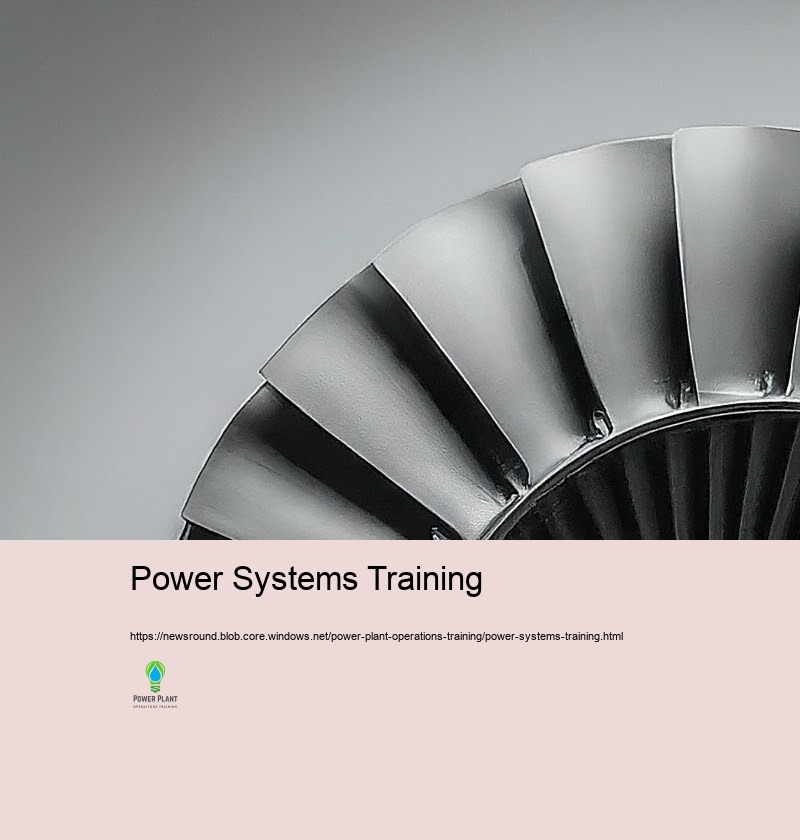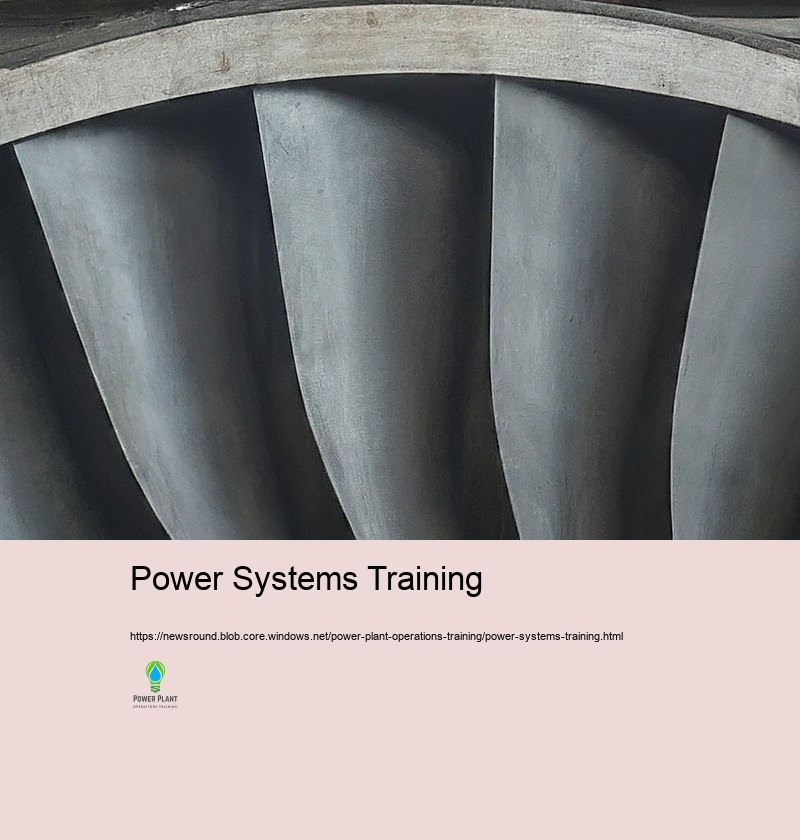Power Systems Training
Plant Outage Planning
Nuclear power plant drivers play an essential feature in ensuring the trusted and effective making of electrical power. Their duties encompass a variety of jobs, from examining complex systems to responding to emergencies. Power Systems Training This comprehensive training summary lays out the necessary abilities that nuclear power plant drivers call for to develop and keep to master their tasks. Among the crucial capacities for nuclear power plant chauffeurs is a comprehensive understanding of power generation principles. This contains knowledge of various kind of nuclear power plant (e.g., coal, natural gas, nuclear, hydroelectric, and renewable resource resources) and their details operational features. Operators needs to recognize the standard thermodynamic cycles, such as the Rankine cycle for hefty vapor nuclear power plant or the Brayton cycle for gas generators. This foundational expertise makes it feasible for drivers to grasp the interconnectedness of various plant systems and make informed options during procedure. Technical efficiency is another vital capacity for nuclear power plant drivers. They must acknowledge with the treatment, maintenance, and troubleshooting of a large range of equipment, consisting of wind turbines, generators, central heating boilers, pumps, and electrical systems. This calls for a strong understanding of mechanical, electric, and instrumentation concepts. Operators must have the ability to look into and assess technological illustrations, schematics, and operational guidebooks. Hands-on experience with tools repair service and upkeep is crucial, as it permits drivers to promptly determine and fix issues that might emerge throughout plant procedure. Efficiency in control area operations is essential for nuclear power plant operators. This includes grasping using electronic control systems, SCADA (Supervisory Control and Details Purchase) systems, and numerous security tools. Operators needs to have the capacity to analyze complicated data displays, trend graphes, and security system to protect optimal plant effectiveness. They must be proficient in making details changes to plant criteria, such as temperature degree, stress, and flow prices, to warranty effective and safe procedure. Furthermore, experience with dispersed control systems (DCS) and programmable reasoning controllers (PLCs) is substantially important in modern nuclear power plant. Safety and security and safety and security understanding and emergency scenario response capabilities are vital for nuclear power plant operators. They has to have a deep understanding of plant security techniques, including lockout/tagout therapies, constricted location accessibility, and personal protective tools (PPE) usage. Operators has to be proficient in emergency scenario treatments and be able to respond quickly and efficiently to different situations, such as equipment failings, fires, or chemical spills. Regular involvement in security drills and simulations assists enhance these essential abilities. Trusted communication is a critical ability for power plant motorists. They has to be able to simply and briefly relay information to colleagues, supervisors, and outside stakeholders. This includes the capacity to make up thorough records, maintain exact logs, and supply clear spoken directions during modification changes or emergency situation conditions. Good interaction skills in addition entail energetic paying attention and the ability to feature collaboratively in a group environment. Analytical and analytic skills are necessary for power plant drivers. They need to be able to quickly analyze difficult conditions, acknowledge source of troubles, and execute reputable alternatives. This demands the capacity to think seriously, make decisions under stress, and focus on jobs effectively. Operators must be experienced in fixing various systems and devices, often making use of a combination of technical know-how, experience, and reasonable reasoning. Versatility and consistent discovering are crucial attributes for nuclear reactor drivers. The power industry is constantly establishing, with brand-new advancements, plans, and practical practices being offered regularly. Operators needs to want and able to change to these modifications, approving brand-new understanding opportunities and staying existing with field trends.
Power Systems Training - High Voltage Training
- Power Generation Technologies
- Energy Efficiency Strategies
- Turbine Blade Inspection
Power Systems Training
